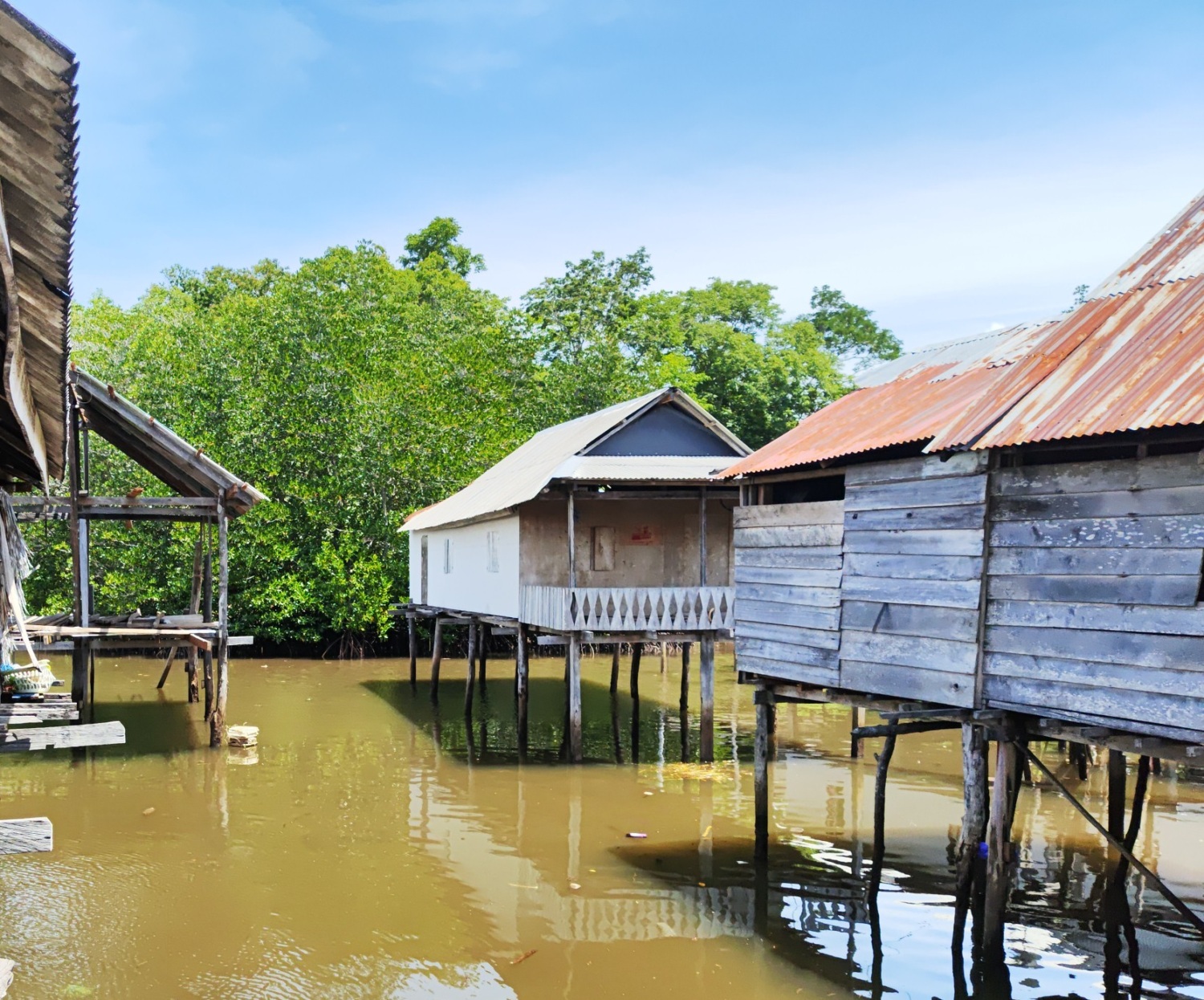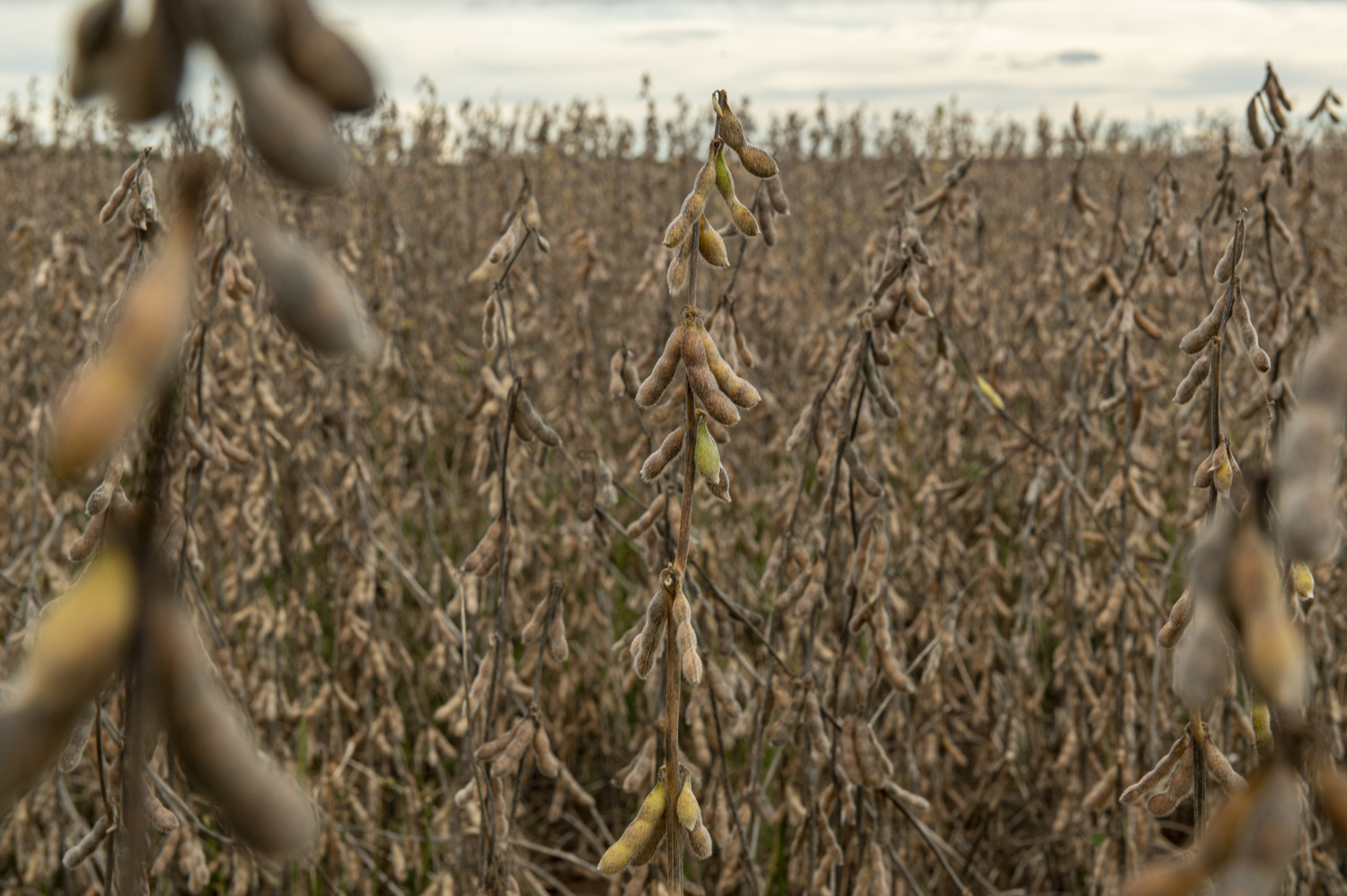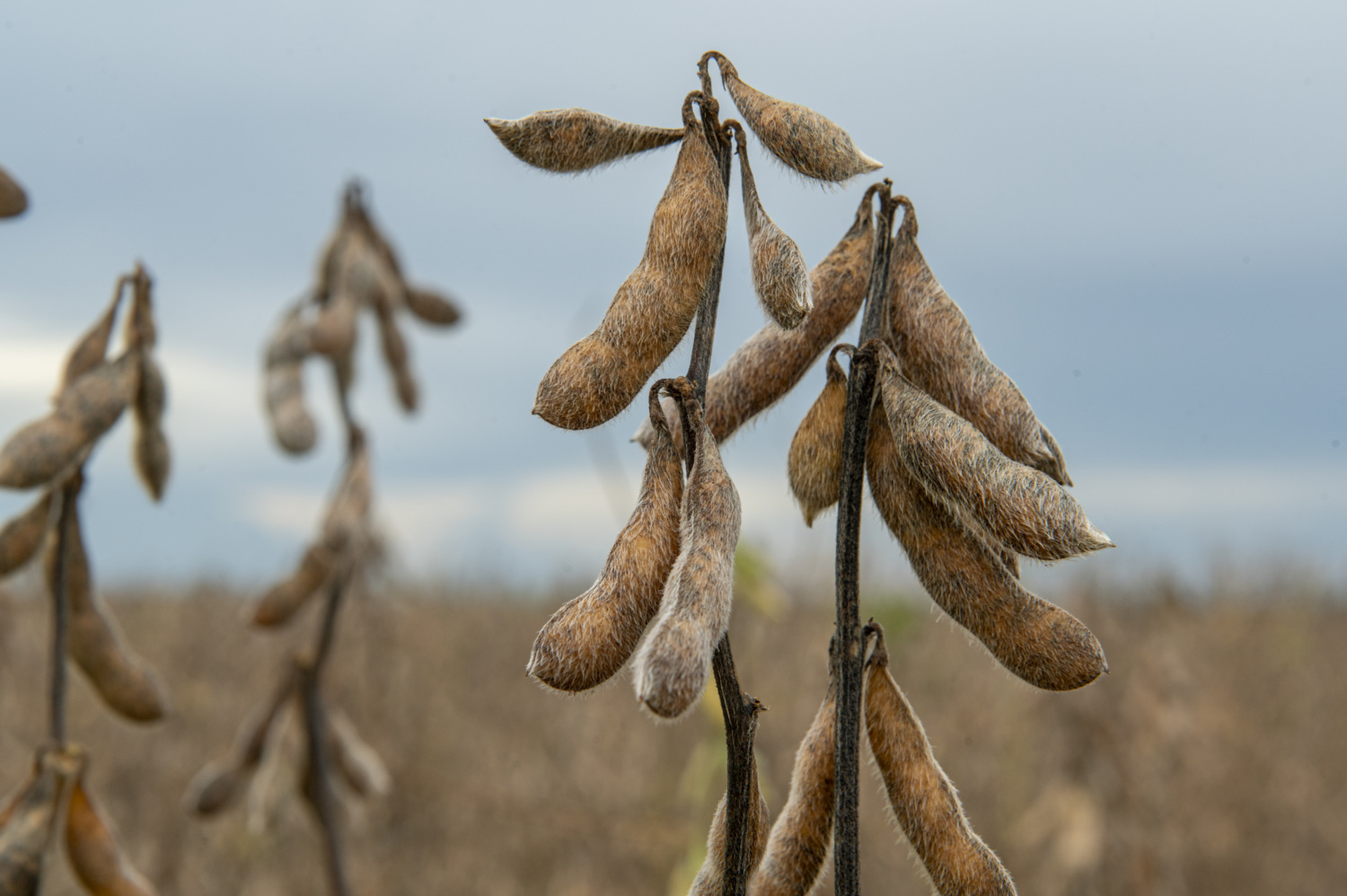
Webinar: What does President Prabowo’s election mean for Indonesia on climate and nature?
Read coverage of webinar by Yale360
In April 2024, Mighty Earth held a webinar to discuss what President Prabowo’s election means for Indonesia on climate and nature. Panelists included: Ambassador Bob Blake (former US Ambassador to Indonesia), Mighty Earth’s Amanda Hurowitz (Senior Director of Forest Commodities), Andi Muttaqien (Executive Director of Satya Bumi), and Atina Rizqiana (Researcher at Center of Economic and Law Studies, an Indonesia think tank). The webinar was moderated by Hans Nicholas Jong (Mongabay). Over 100 people joined the webinar to hear the expert panel discuss the challenges and opportunities of Indonesia’s dual ambition awaiting the incoming administration: achieving goals for climate and nature while cementing its status as an economic powerhouse.
 Webinar panelists Ambassador Bob Blake, Amanda Hurowitz, Andi Muttaqien, and Atina Rizqiana and moderator Hans Nicholas Jong.
Webinar panelists Ambassador Bob Blake, Amanda Hurowitz, Andi Muttaqien, and Atina Rizqiana and moderator Hans Nicholas Jong.
Indonesia is at a crossroads, facing critical decisions that will shape its future and the world’s, given that the country Indonesia is the world’s fourth-most populous country and is, according to outgoing President Jokowi, set to become the world’s fourth-largest economy by mid-century.
Indonesia has made significant progress reducing commodity-driven deforestation, with rates reaching record lows in recent years – but is still the country with the fourth-highest rate of deforestation in the world. Deforestation for palm oil, pulp, and paper are still historically low while deforestation for nickel is surging.
To promote economic growth, Indonesia’s incoming President Prabowo has promised to expand mining in Indonesia – but at what cost? With nearly 80,000 hectares of forest already cleared for nickel mining in Indonesia and half a million more at risk, the rate of deforestation puts the environment and people of Indonesia in jeopardy. On the island of Kabaena off the coast of Sulawesi, where Satya Bumi conducted an on-the-ground investigation, deforestation for nickel has contaminated the water and put the lives and livelihoods of the Bajau people, the world’s last nomadic sea tribe, in danger.
“Nickel mining is dirty, that’s just how it is, but there are ways to do it more responsibly,” said Mighty Earth’s Amanda Hurowitz during the webinar. Indonesia’s nickel supply chain is dirtied by how deforestation impacts biodiverse forests, endangered species, and vulnerable communities – but also because of the nickel industry’s dependence on coal. Although Indonesia has begun to launch significant renewable energy projects, it is also the only country among the top 10 energy users that is increasing its use of coal. A huge buildout of captive coal to power nickel smelters is contributing to the already-high coal usage of Indonesia.
Nickel mining will be a frontier – or a minefield – for the incoming administration as they clean up nickel supply chains. The administration has an opportunity to adopt strong standards and enforce existing laws – for both mines in Indonesia and Chinese refiners. Bob Blake encouraged the Indonesian government to “not be shy about enforcing stronger environmental and labour standards on Chinese projects.”
Concern is mounting that the incoming administration will reverse progress made in combating deforestation in Indonesia. As Atina Rizqiana stated: “Unfortunately, several policies advocated by [Prabowo’s] campaign fail to reflect any intention to lead Indonesia in an order that [promotes] democracy and environmentally friendly policies. The downstreaming [policy] has been proven to have a negative impact on the quality of life and economies of the surrounding communities.”
The administration under Jokowi has proved the government can step in to enforce laws and protect forests. In the case of Mayawana Persada, the biggest deforester in Indonesia who has cleared over 40,000 hectares of forest, the Ministry of Environment and Forestry stepped in and sent a letter to tell the company to stop clearing.
As the new administration takes office, advocates and policymakers alike will have their eyes on how Prabowo responds to environmental issues faced by Indonesia in hopes that the government will step up to stop deforestation and protect communities.


